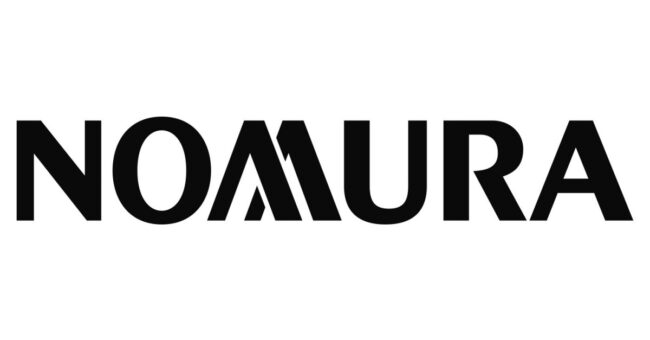Highlights:
- Laser Digital is seeking a crypto license from Japan as crypto trading volumes show rapid growth.
- Japan crypto license talks highlight growing demand for regulated services among institutional investors.
- Policy reforms and new investment rules have boosted Japan’s position as a leading digital asset hub in Asia.
Nomura Holdings is preparing to expand its digital asset business in Japan. Its Switzerland-based subsidiary, Laser Digital Holdings, is in talks with the Financial Services Agency (FSA) to secure a brokerage license. Chief Executive Jez Mohideen confirmed that discussions are ongoing and said the plan reflects confidence in Japan’s digital asset framework.
According to Bloomberg, Nomura’s wholly owned subsidiary Laser Digital is in preliminary discussions with Japan’s Financial Services Agency (FSA) to apply for a crypto asset trading license, aiming to offer services to institutional clients. CEO Jez Mohideen stated that, if…
— Wu Blockchain (@WuBlockchain) October 3, 2025
Laser, created by Nomura in 2022, already operates with licenses in Dubai and Abu Dhabi. The company also set up a Japanese unit last year as part of its regional expansion. If approved, Laser will provide regulated services to institutional clients, including banks, asset managers, and crypto exchanges already active in Japan.
The push comes as Japan’s cryptocurrency market shows rapid growth. According to data provided by the Japan Virtual and Crypto Assets Exchange Association, the trading volumes increased twice during the first 7 months of 2025. The total transaction value reached ¥33.7 trillion, or about $230 billion.
Laser Digital Seeks Japan Crypto License as Policy Shifts Fuel Growth
The digital asset market in Japan is growing at an alarming rate this year. The values of transactions have shot up as more investors seek to diversify portfolios. The momentum has been contributed to by supportive international trends and domestic reforms.
Tax reforms run by the government will likely make digital assets more appealing. At the same time, new pathways for crypto-focused investment funds are taking shape. Regulators have also acted to categorize additional tokens as investment instruments. These efforts have increased confidence within the industry.
The institutional adoption is still picking up steam. Daiwa Securities, the country’s second-largest brokerage, recently allowed clients to use Bitcoin and Ether as collateral for borrowing yen. This option is available across 181 retail branches. It highlights how traditional institutions are beginning to merge with digital asset solutions.
📺 From WBS:
Daiwa Securities has launched “crypto-asset backed loans” 💡
Now, clients can secure financing by using Bitcoin and other cryptocurrencies as collateral 📈
The fusion of traditional finance and crypto is accelerating 🚀 pic.twitter.com/XpOtH42Fm9— XWIN GROUP | XWIN.Finance | XWIN.Capital | Japan (@xwinfinance) October 2, 2025
This year also saw the first yen-backed stablecoin issuer licensed in Japan. This move offered investors a controlled digital asset that was pegged to the Japanese currency.
On-chain activity has also increased. Japanese data reported an increment of 120% in value received on-chain within the 12 months up to June 2025. This growth was faster compared to other regional markets like South Korea, India, and Vietnam. Analysts consider the trend as an indicator that Japan is emerging as one of the fastest-developing digital asset centers in Asia.
Global Institutions Eye Japan Crypto License and Regulatory Changes
Despite growth, Nomura’s digital asset arm has faced hurdles. Earlier this year, the bank reported losses in Europe. Executives pointed to weaker-than-expected performance by Laser. Mohideen had projected a profit within two years of launch, but later admitted the timeline may take longer.
The present interest in a Japanese crypto license indicates that Nomura is looking to grow in regulated markets that were inaccessible in the past. The FSA approval would enable Laser to provide services of institutional quality, such as custody of derivatives and structured products.
Japan’s regulator is also reshaping the industry framework. The FSA is also developing revisions to treat crypto assets as financial products under the Financial Instruments and Exchange Act before March 2025. The changes in parliament may be discussed by lawmakers as early as 2026. These reforms will help to enhance compliance and help with the growth.
Best Crypto Exchange
- Over 90 top cryptos to trade
- Regulated by top-tier entities
- User-friendly trading app
- 30+ million users
eToro is a multi-asset investment platform. The value of your investments may go up or down. Your capital is at risk. Don’t invest unless you’re prepared to lose all the money you invest. This is a high-risk investment, and you should not expect to be protected if something goes wrong.






